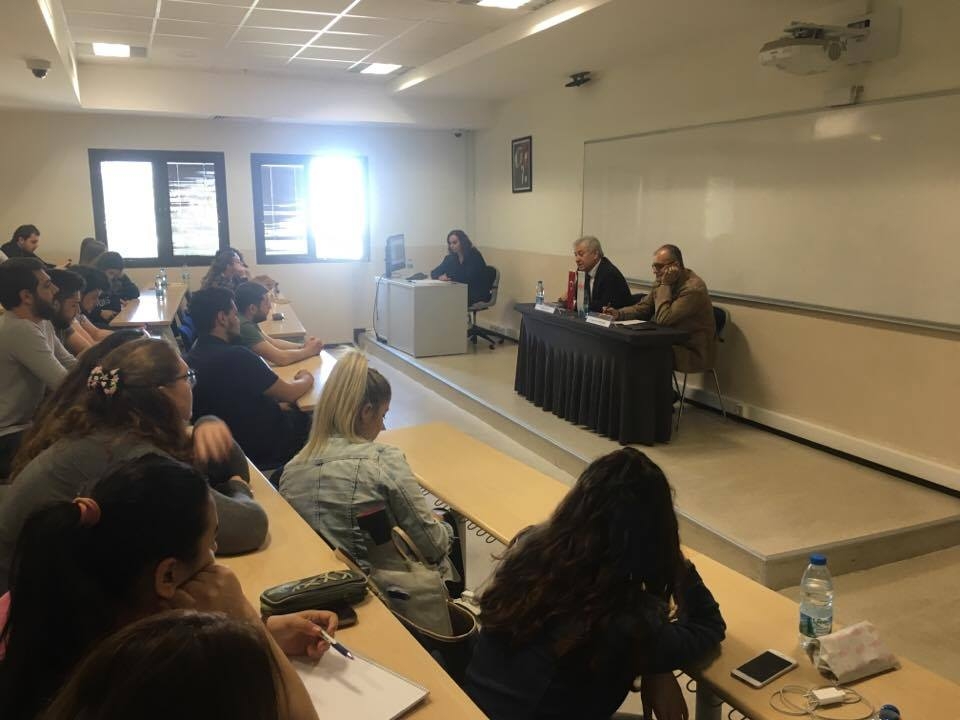
...
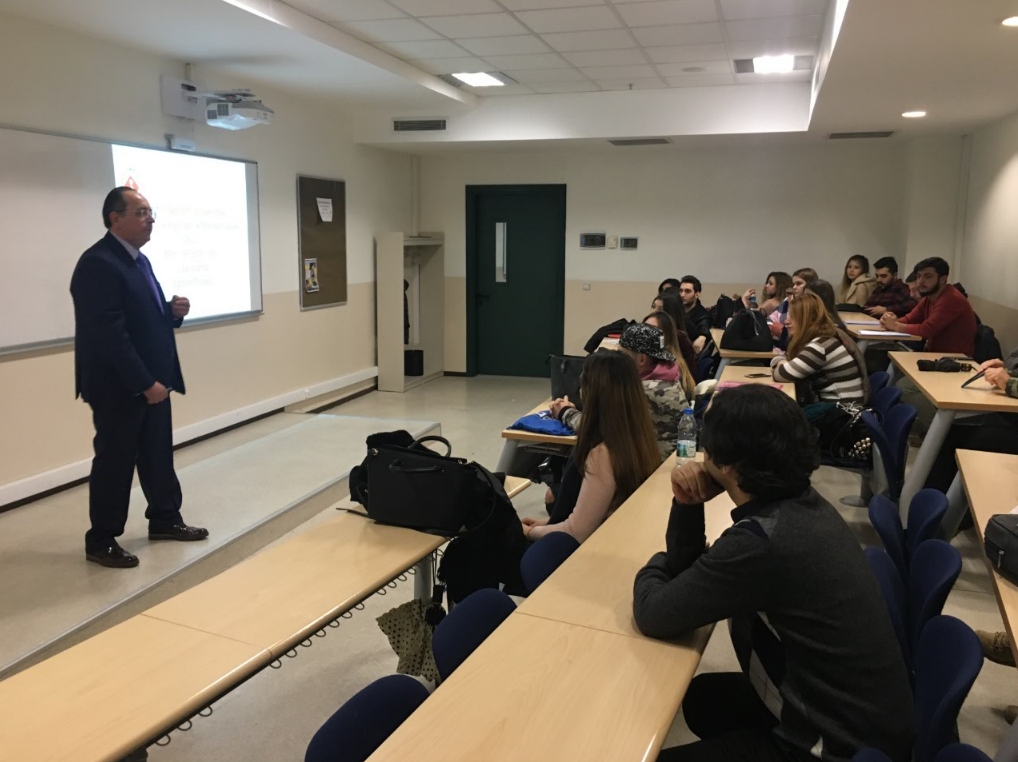
...
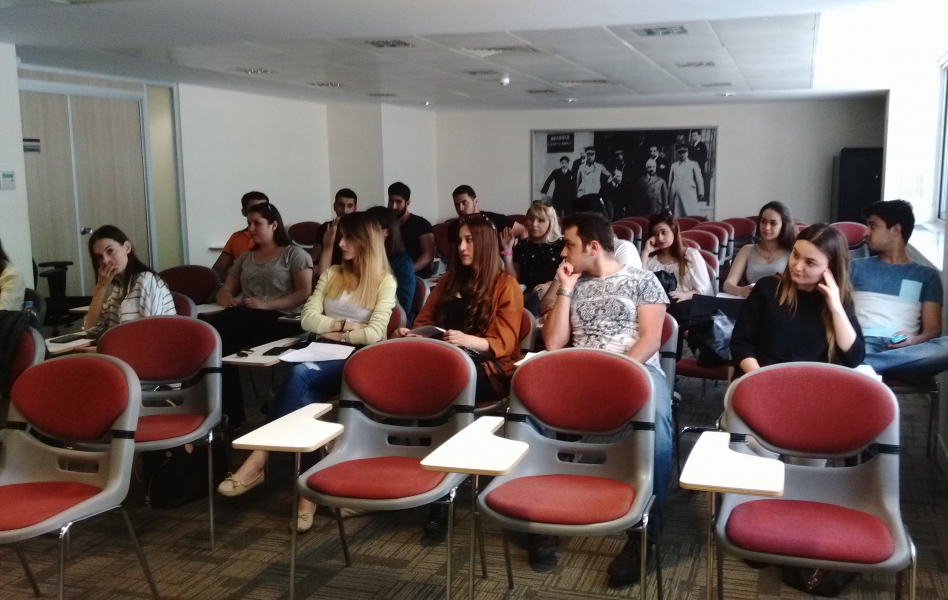
...
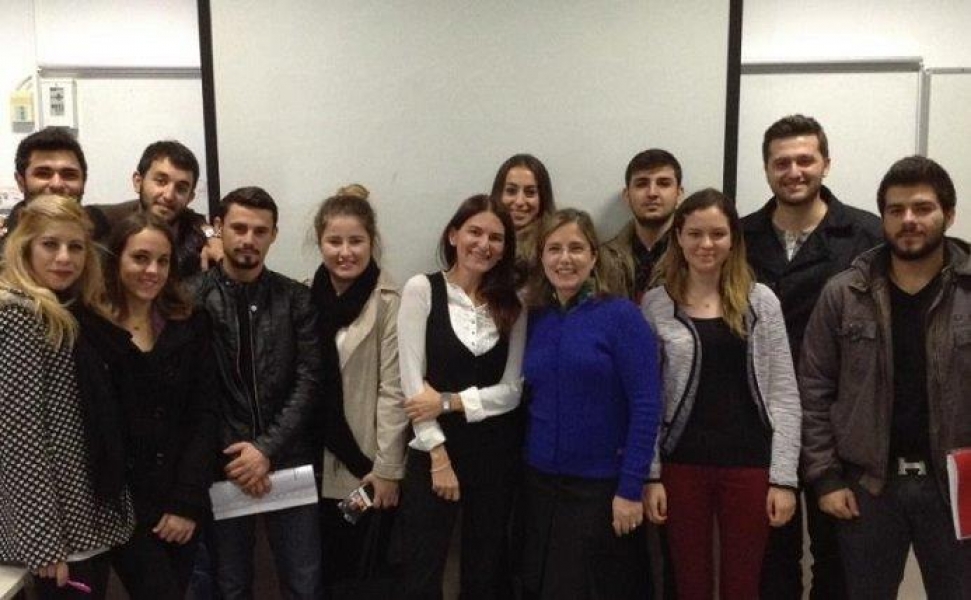
...
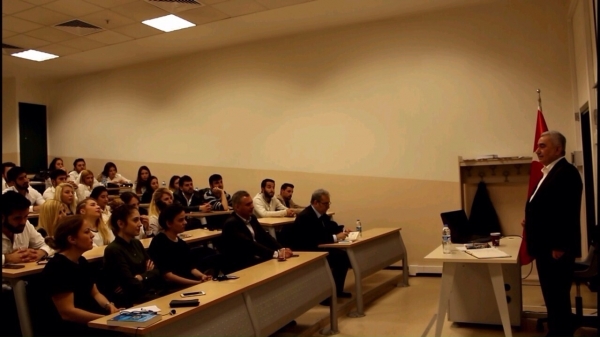
...

...
| Course Name |
Digital Marketing
|
|
Code
|
Semester
|
Theory
(hour/week) |
Application/Lab
(hour/week) |
Local Credits
|
ECTS
|
|
DT 290
|
Fall/Spring
|
1
|
2
|
2
|
5
|
| Prerequisites |
None
|
|||||
| Course Language |
Turkish
|
|||||
| Course Type |
Elective
|
|||||
| Course Level |
Short Cycle
|
|||||
| Mode of Delivery | - | |||||
| Teaching Methods and Techniques of the Course | Group WorkProblem SolvingQ&AApplication: Experiment / Laboratory / WorkshopGuest SpeakerLecture / Presentation | |||||
| National Occupation Classification | - | |||||
| Course Coordinator | - | |||||
| Course Lecturer(s) | ||||||
| Assistant(s) | - | |||||
| Course Objectives | The purpose of this course is to equip students with the knowledge and skills necessary for managing a product or brand in the digital environment. The digital marketing course offers students a broad perspective on sales strategies, content and community management, and image building. Additionally, it develops students' abilities to interact with target audiences effectively, increase brand awareness, ensure customer loyalty, and boost sales by using digital marketing platforms efficiently. |
| Learning Outcomes |
The students who succeeded in this course;
|
| Course Description | The digital marketing course teaches strategies for managing brands' communication, sales, and image processes using the internet and digital technologies. This course covers topics such as advertising on digital platforms, public relations, e-commerce, social media marketing, search engine optimization (SEO), content marketing, and email marketing. Students are taught, through practical applications, the skills to create, implement, and analyze digital marketing strategies. |
| Related Sustainable Development Goals |
|
|
|
Core Courses | |
| Major Area Courses | ||
| Supportive Courses | ||
| Media and Management Skills Courses | ||
| Transferable Skill Courses |
| Week | Subjects | Related Preparation |
| 1 | Introduction to marketing: Transition from traditional to digital | |
| 2 | The concept of digital marketing, its history, and current importance | Odabaşı, Y. (2015). Satışta ve pazarlamada müşteri ilişkileri yönetimi (CRM) (9th. ed., s. 12-32). Aura Kitapları. ISBN: 9786051032795 |
| 3 | Search Engine Optimization (SEO) | Odabaşı, Y. (2015). Satışta ve pazarlamada müşteri ilişkileri yönetimi (CRM) (9th. ed., s. 21-32). Aura Kitapları. ISBN: 9786051032795 |
| 4 | Social media marketing | Kulaklı, A., & Birgün, S. (2005). Müşteri merkezli operasyonel bilgi yönetimi için veri yönetiminin Ölçülmesi. İTÜ Dergisi, 2(1), 37-48. |
| 5 | Content marketing | Odabaşı, Y. (2015). Satışta ve pazarlamada müşteri ilişkileri yönetimi (CRM) (9th. ed., s. 36-53). Aura Kitapları. ISBN: 9786051032795 |
| 6 | Website marketing | Odabaşı, Y. (2015). Satışta ve pazarlamada müşteri ilişkileri yönetimi (CRM) (9th. ed., s. 54-64). Aura Kitapları. ISBN: 9786051032795 |
| 7 | Midterm exam week | |
| 8 | E-mail marketing | Odabaşı, Y. (2015). Satışta ve pazarlamada müşteri ilişkileri yönetimi (CRM) (9th. ed., s. 169-200). Aura Kitapları. ISBN: 9786051032795 |
| 9 | Influencer marketing | Odabaşı, Y. (2015). Satışta ve pazarlamada müşteri ilişkileri yönetimi (CRM) (9th. ed., s. 75-102). Aura Kitapları. ISBN: 9786051032795 |
| 10 | Digital advertising | Benlioğlu, O. (2023). Retorik: Konuş, etkile, ikna et (s. 14-38). Kronik Kitap. ISBN: 9786256989931 |
| 11 | Digital / Online public relations | Bircan, K., Acayıp, & Okursoy, A. (2014). Bankacılık sektöründe müşteri ilişkileri yönetimi ve çalışanlar tarafından Değerlendirilmesi. Ekev Akademik Dergisi, 18(58), 648-658. |
| 12 | E-commerce | Odabaşı, Y. (2015). Satışta ve pazarlamada müşteri ilişkileri yönetimi (CRM) (9th. ed., s. 3-11). Aura Kitapları. ISBN: 9786051032795 |
| 13 | Practical examples and analyses | |
| 14 | Practical examples and analyses | |
| 15 | Practical examples and analyses | |
| 16 | Review of the Semester |
| Course Notes/Textbooks |
|
| Suggested Readings/Materials |
|
| Semester Activities | Number | Weigthing |
| Participation |
1
|
10
|
| Laboratory / Application | ||
| Field Work | ||
| Quizzes / Studio Critiques | ||
| Portfolio | ||
| Homework / Assignments |
1
|
15
|
| Presentation / Jury | ||
| Project |
1
|
25
|
| Seminar / Workshop | ||
| Oral Exams | ||
| Midterm |
1
|
20
|
| Final Exam |
1
|
30
|
| Total |
| Weighting of Semester Activities on the Final Grade |
4
|
70
|
| Weighting of End-of-Semester Activities on the Final Grade |
1
|
30
|
| Total |
| Semester Activities | Number | Duration (Hours) | Workload |
|---|---|---|---|
| Theoretical Course Hours (Including exam week: 16 x total hours) |
16
|
1
|
16
|
| Laboratory / Application Hours (Including exam week: '.16.' x total hours) |
16
|
2
|
32
|
| Study Hours Out of Class |
14
|
1
|
14
|
| Field Work |
0
|
||
| Quizzes / Studio Critiques |
0
|
||
| Portfolio |
0
|
||
| Homework / Assignments |
1
|
18
|
18
|
| Presentation / Jury |
0
|
||
| Project |
1
|
30
|
30
|
| Seminar / Workshop |
0
|
||
| Oral Exam |
0
|
||
| Midterms |
1
|
38
|
38
|
| Final Exam |
1
|
0
|
|
| Total |
148
|
|
#
|
Program Competencies/Outcomes |
* Contribution Level
|
|||||
|
1
|
2
|
3
|
4
|
5
|
|||
| 1 |
To be able to develop themselves in the subjects of obtaining the financial resources necessary for the activities of individuals and enterprises under the most favorable conditions and examining the use of the accumulated funds. |
-
|
-
|
-
|
-
|
-
|
|
| 2 |
To be able to discuss the role, importance and functions of the institutions providing banking and insurance services in the economic system |
-
|
-
|
-
|
-
|
-
|
|
| 3 |
To be able to evaluate the organizational structure, business processes, and service portfolios of banks, insurance companies, and other financial institutions operating in the sector. |
-
|
-
|
-
|
-
|
-
|
|
| 4 |
To be able to develop skills in identifying, measuring, and assessing financial and operational risks, and to acquire fundamental knowledge to understand and apply insurance products against these risks. |
-
|
-
|
-
|
-
|
-
|
|
| 5 |
To be able to recognize financial products offered in the banking and insurance sector, and to gain skills in effective marketing and sales, as well as managing long-term customer relationships. |
-
|
-
|
-
|
-
|
-
|
|
| 6 |
To be able to possess basic legal knowledge and closely monitor legislative changes relevant to the field. |
-
|
-
|
-
|
-
|
-
|
|
| 7 |
To be able to possess basic knowledge of accounting and analyze financial statements to evaluate the financial status of businesses. |
-
|
-
|
-
|
-
|
-
|
|
| 8 |
To be able to follow technological innovations in the financial sector and acquire knowledge about the role of blockchain and artificial intelligence applications in the industry. |
-
|
-
|
-
|
-
|
-
|
|
| 9 |
To be able to make decisions based on the principles of professional ethics, accountability and responsibility |
-
|
-
|
-
|
-
|
-
|
|
| 10 |
To be able to follow international financial markets and global economic indicators by using English at least at the A2 level of the "European Language Portfolio" |
-
|
-
|
-
|
-
|
-
|
|
| 11 |
To be able to analyze and interpret banking and insurance data, and to develop data-driven strategies for financial decision-making. |
-
|
-
|
-
|
-
|
-
|
|
| 12 |
To be able to acquire knowledge about the components of national and international systems and the implementation of sector policies. |
-
|
-
|
-
|
-
|
-
|
|
| 13 |
To be able to direct his/her education to a further level of education |
-
|
-
|
-
|
-
|
-
|
|
*1 Lowest, 2 Low, 3 Average, 4 High, 5 Highest

...

...

...

...

...

...

As Izmir University of Economics transforms into a world-class university, it also raises successful young people with global competence.
More..Izmir University of Economics produces qualified knowledge and competent technologies.
More..Izmir University of Economics sees producing social benefit as its reason for existence.
More..